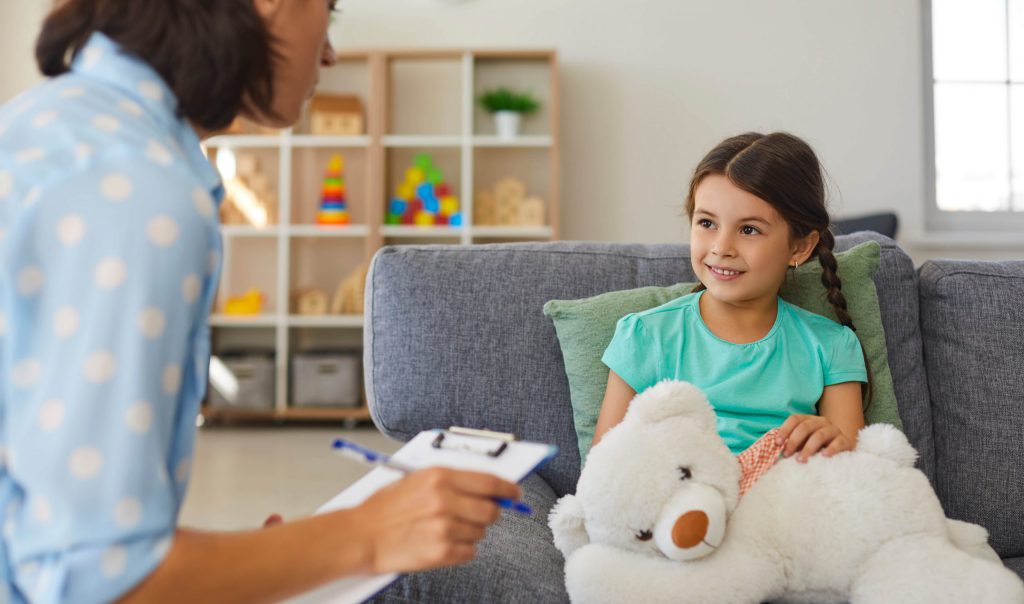
ABOUT COUNSELING
Common issues addressed in therapy include anxiety, depression, anger management, emotional regulation, frustration tolerance, and trauma processing. When therapy is provided in an environment that the child is already familiar with such as their school setting, the therapeutic relationship can be built more quickly, which is an essential factor in therapeutic effectiveness.
One of the barriers families face in helping their children receive mental health therapy is the difficulty of traveling to and from therapy sessions without missing school, which is especially important considering many parents first reach out to a therapist due to their child’s struggles in school. With Yeled v’Yalda’s school-based counseling services, the therapist comes to the child, providing services directly at their school. While the child still must be taken out of class, it is only for the duration of the session (generally 30 minutes), rather than the several hours that would be required for travel to and from a therapist’s office. In addition, our therapists make every effort to work within the child’s school schedule so that the child does not miss the same class each time.
SERVICES
Personal and Social Development Counseling
Yeled v’Yalda’s counselors provide individual and/or small group counseling, classroom guidance, prevention education, and student-centered interventions that help students thrive in their learning environment. Yeled v’Yalda’s counseling services promote the age-appropriate development of interpersonal skills by teaching students how to build positive relationships with peers, adults, and the community around them, while helping them recognize their specific challenges, and build their individual strengths.
Goals and Objectives of Counseling Services
• Assist students in building positive interpersonal relationship skills, and in developing respect and community cultural competence. • Foster student awareness of their beliefs and interests, and promote the development of a positive self-image. • Assist students in developing resilience and effective coping skills. • Assist students in building appropriate problem-solving and decision-making skills to resolve conflicts and accept responsibility for their choices. • Help students understand themselves and develop self-awareness. • Provide crisis intervention when necessary. • Coordinate goals and efforts with parents, teachers, and other staff members. • Help develop personalized programs based on each child’s strengths, weaknesses, and individual needs. • Help students learn to become aware of the consequences of their behavior. • Encourage students to become successful and self-aware learners.
Treatment Programs and Plans
Direct and indirect services focus on the following targets: • Problems in school; • Development of positive coping skills; • Conflict resolution counseling; • Difficulties following directions; • Poor attention span; • Anxiety and school anxiety; • Irritability; • Poor frustration tolerance; • Anger management skills; • Depression and mood dysregulation; • Disruptive behaviors; • Stress management skills; • Development of respect and tolerance; • Childhood trauma; • Grief and loss.
